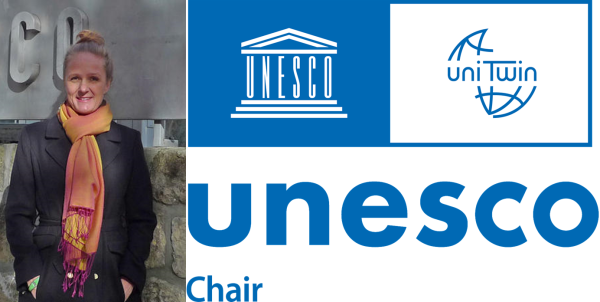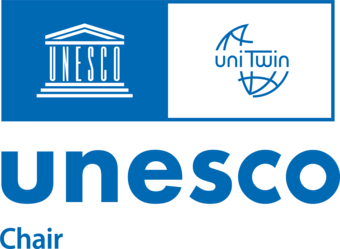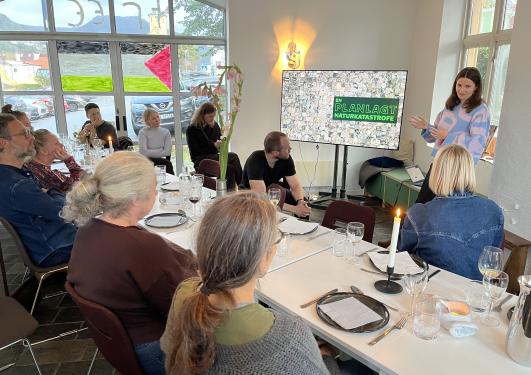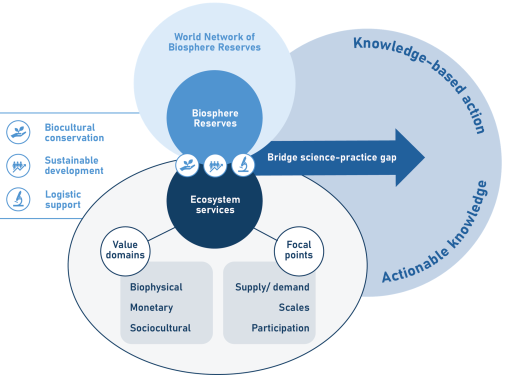
Who: Dr. Inger Måren holds The UNESCO Chair on Sustainable Heritage and Environmental Management - Nature and Culture (appointed in 2017).
Purpose: The UNESCO Chair on Sustainable Heritage and Environmental Management shall promote an integrated system of research, training, information and documentation on sustainable heritage and environmental management, with a special focus on UNESCO Biosphere Reserves and The Man and the Biosphere Programme.
The UNESCO Chair is part of UNESCO's international network UNITWIN of the UNESCO/UNITWIN Chairs programme, including almost 800 Chairs at 700 institutions in 116 countries, covering universities across the world and a wide range of topics.
Through this network, higher education and research institutions all over the globe pool their resources, both human and material, to address pressing challenges and contribute to the development of their societies. In areas lacking expertise, chairs and networks also contribute to strengthening North-South-South cooperation.

The UNESCO-UiB contract outlines the framework and responsibilities of the UNESCO Chair at UiB.



